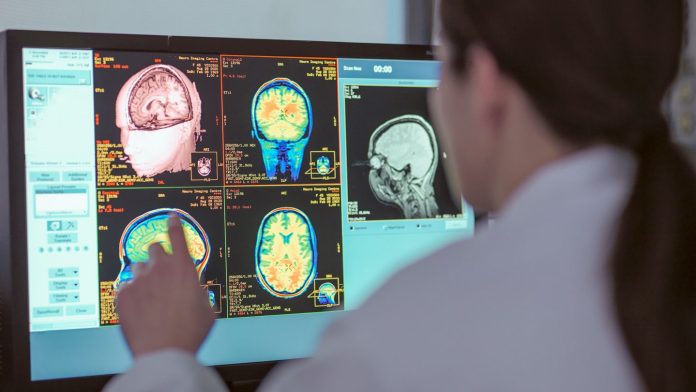Curiosity did not kill the cat it made it learn better. The first connection between curiosity and improved learning and memory has been found by Dr. Matthias Gruber of University of California at Davis and colleagues.
The research produced three major findings. The more curious a person is the better they learn. Curiosity produces increased stimulation in the reward system of the brain. Curiosity increases chemical activity in the hippocampus, the locus of memory formation and retention.
Curiosity was found to increase a person’s ability to learn and remember even when the aim to learn or remember was not focused on a particular object. Curiosity prepares the brain to learn and remember. The effect of curiosity on learning and memory lasts as long as 24 hours after curiosity is aroused.
Psychologists have a reasonably well defined idea of what curiosity is. The chemistry and mechanics of curiosity are still somewhat of a mystery. Chemical reactions associated with curiosity can be mapped by fMRI and CT scans of the brain. Research of this nature has identified the brain regions associated with curiosity. Many mammals display curiosity or what appears to be curiosity but a concrete chemistry of curiosity remains elusive at present.
The new research hopes to be of great help to teachers. If you want better learners with better memories, get them to be curious first. The study proves the effects and many teaching methods presently use the fact that curiosity motivates learning. Memory enhancement is an added bonus discovered by the new study.
The reward system of the brain is chemically associated with addiction. One might construe this fact as a basis for the concept that the world’s greatest thinkers and inventors were addicted to curiosity and learning. Hopefully the use of curiosity as a motivation will produce legions of better learners and thinkers.















